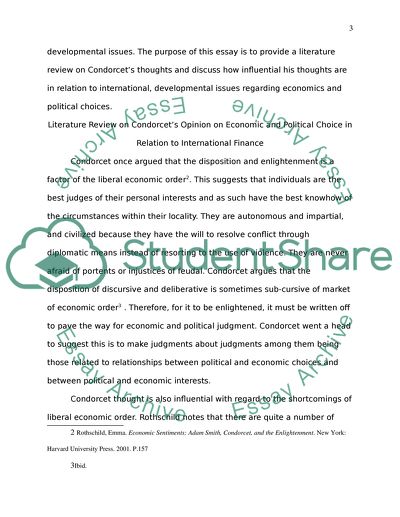Cite this document
(“Social Mathematics: The Life and Thought of Marquis de Condorcet Research Paper”, n.d.)
Social Mathematics: The Life and Thought of Marquis de Condorcet Research Paper. Retrieved from https://studentshare.org/macro-microeconomics/1450393-social-mathematics-the-life-and-thought-of-marquis
Social Mathematics: The Life and Thought of Marquis de Condorcet Research Paper. Retrieved from https://studentshare.org/macro-microeconomics/1450393-social-mathematics-the-life-and-thought-of-marquis
(Social Mathematics: The Life and Thought of Marquis De Condorcet Research Paper)
Social Mathematics: The Life and Thought of Marquis De Condorcet Research Paper. https://studentshare.org/macro-microeconomics/1450393-social-mathematics-the-life-and-thought-of-marquis.
Social Mathematics: The Life and Thought of Marquis De Condorcet Research Paper. https://studentshare.org/macro-microeconomics/1450393-social-mathematics-the-life-and-thought-of-marquis.
“Social Mathematics: The Life and Thought of Marquis De Condorcet Research Paper”, n.d. https://studentshare.org/macro-microeconomics/1450393-social-mathematics-the-life-and-thought-of-marquis.


